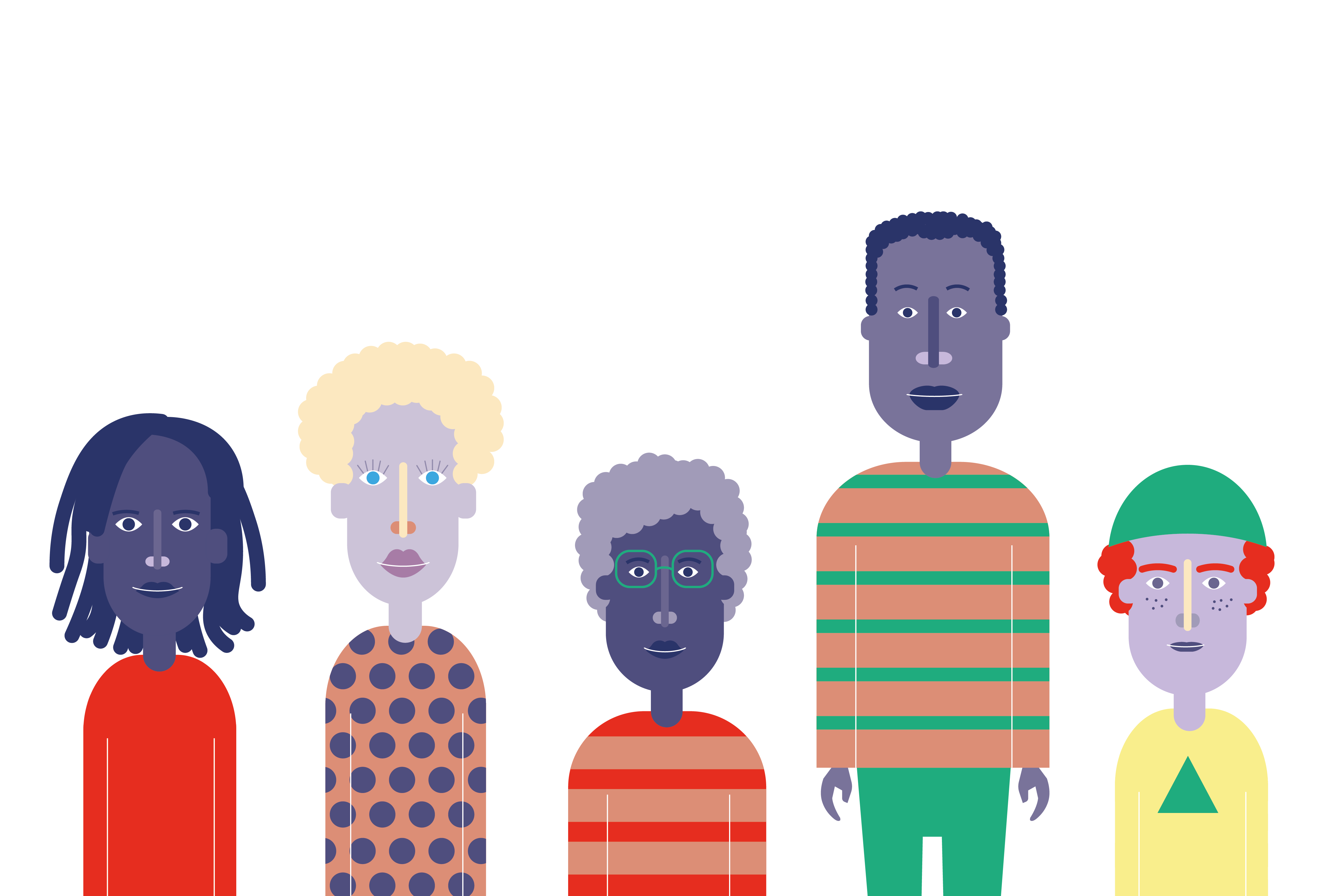Foreword

Ikponsowa Ero
Lawyer, Human Rights Advocate, and First United Nations Independent Expert on Albinisim
When I was born in Nigeria, my parents were very surprised to see me. My colour was in stark contrast to their rich brown skin and black hair. They were quickly informed by the doctor who helped to give birth to me, that I probably had albinism. The doctor wrote in my first hospital card: “albino?” You see, even the doctor herself questioned whether I had albinism. Like my parents, she knew few people with albinism and was not aware of the variety that exists even within albinism. Years later, in my twenties, I was the one who finally explained the genetics of albinism to my parents, and only because someone had published some information about albinism on the internet.
My parents did an excellent job loving, educating, and raising me. However, I wish they had more support. I wish my parents, family and friends had a book like Albinism: just a gene, when I was born. They would have learned details about the genetics of albinism in a simplified yet comprehensive way. Perhaps they would have been better prepared to support my visual impairment which was a major issue for them and for me. Maybe they would have been more informed to explain my condition to those who harassed me for being black but white in appearance.
However, I am happy and highly encouraged that this book will equip many people with albinism on how to move the topic of albinism from the realm of rumors, false information, and superstition into the realm of facts, science, and genetics. This is particularly important in many parts of Africa where false information about albinism and why it occurs, remain widespread, threatening the peace and security of people with albinism and their families. Therefore, it is my wish that this book will reach many people across Africa. This way, we will continue to stem the tide of ignorance surrounding this beautiful genetic condition.
Finally, I wish to encourage all people with albinism and their family members to see the publication and dissemination of books like this as another helpful facilitator of the new dawn of meaningful inclusion of people with albinism and their family members in African culture and society at large.
